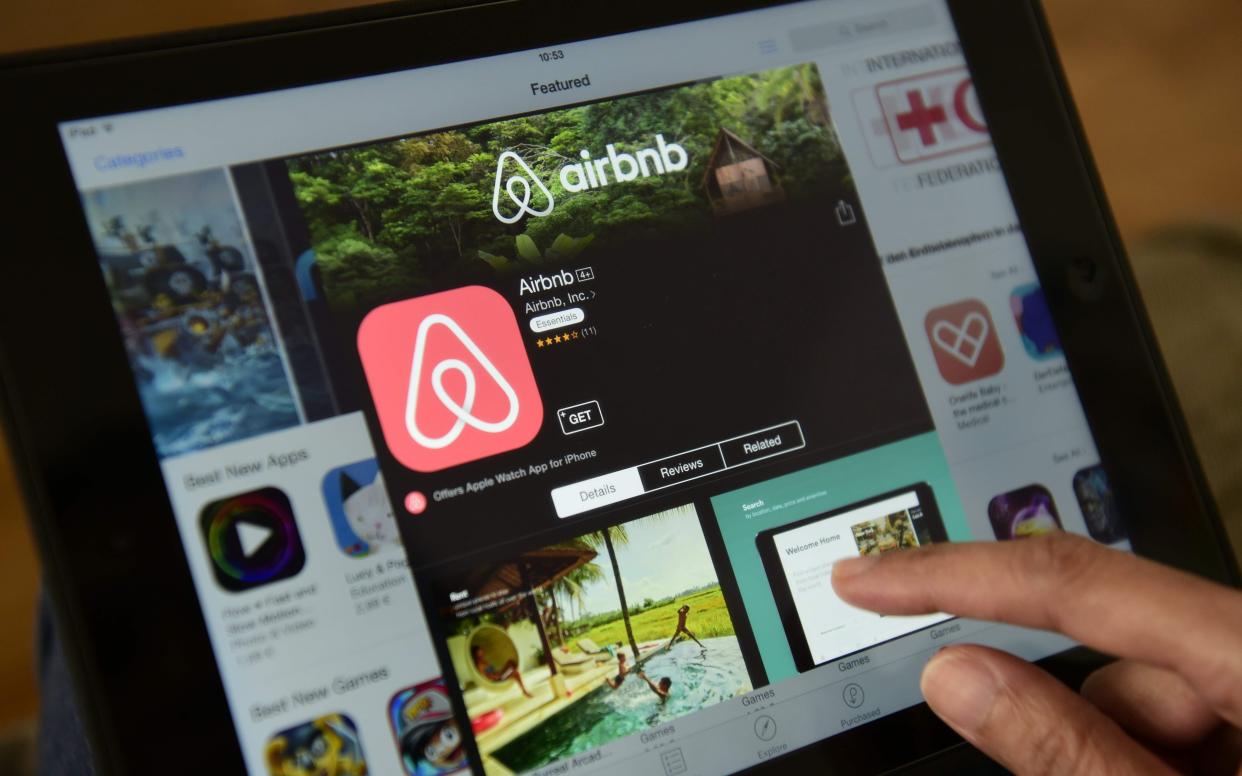Airbnb promises crackdown on 'pop-up brothels' in its rental properties

Airbnb says it is investing in new technology to clamp down on modern slavery amid concerns that traffickers are using its properties as “pop-up brothels”.
The short-term home rental company told the Thomson Reuters Foundation it is teaming up with an an trafficking charity to train employees, develop new systems and work with the police to identify signs of slavery.
Reports have circulated since 2014 of prostitutes using Airbnb rentals in New York, while pop-up brothels in short-term rental properties have been reported across the UK.
Now, Airbnb, which is valued at about $31 billion and operates in nearly 200 countries, says it is part of a growing drive to root out modern slavery from the hospitality sector, mainly the sexual exploitation of women and children.
"We're taking a modern approach to combating modern slavery by leveraging the innovation of the sharing economy to better spot and stop potential exploitation ahead of time," said Nick Shapiro, global head of trust and risk management at Airbnb.

The company said it would combine its existing risk analysis - from screening every host and guest to trawling through photos to check for signs of exploitation - with data and insight from Polaris, a charity which runs the US National Human Trafficking Hotline.
At least 2,680 slavery victims were identified by Polaris as having been trafficked at hotels and motels in the United States - mostly for sex work - between January 2015 and September 2017.
Mr Shapiro told the Thomson Reuters Foundation: "Exploitation and trafficking are still all too common in today's society, but we are eager to use our global reach to help assist in the effort to end it once and for all."
MPs last year investigated the rise of "pop-up brothels" on rental websites such as Airbnb following reports of temporary brothels springing up across Britain.
Airbnb's anti-slavery push follows similar action by another sharing economy company - the ride-hailing app Uber - which last month said it would teach its drivers across the United States how to spot traffickers and their victims when they hail a car.
"The sharing economy and companies like Airbnb offer new ways to scale up ... the fight against trafficking," Brandon Bouchard, a spokesman for US-based Polaris, said by email.
About 25 million people globally were estimated to be trapped in forced labour or sexual exploitation in 2016, according to the United Nations' International Labour Organisation and human rights group Walk Free Foundation.

 Yahoo News
Yahoo News 
